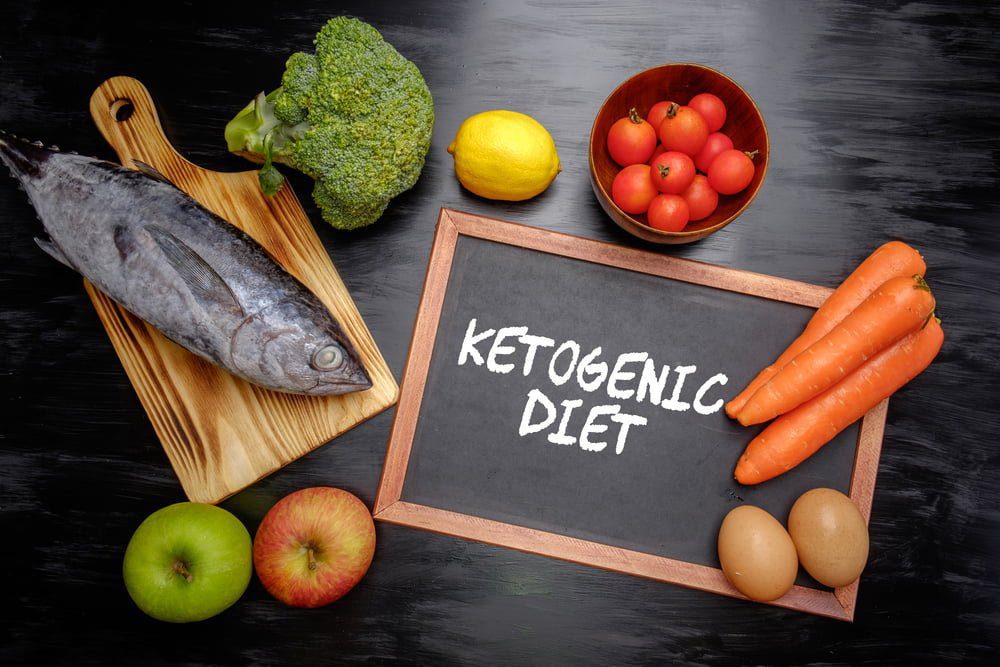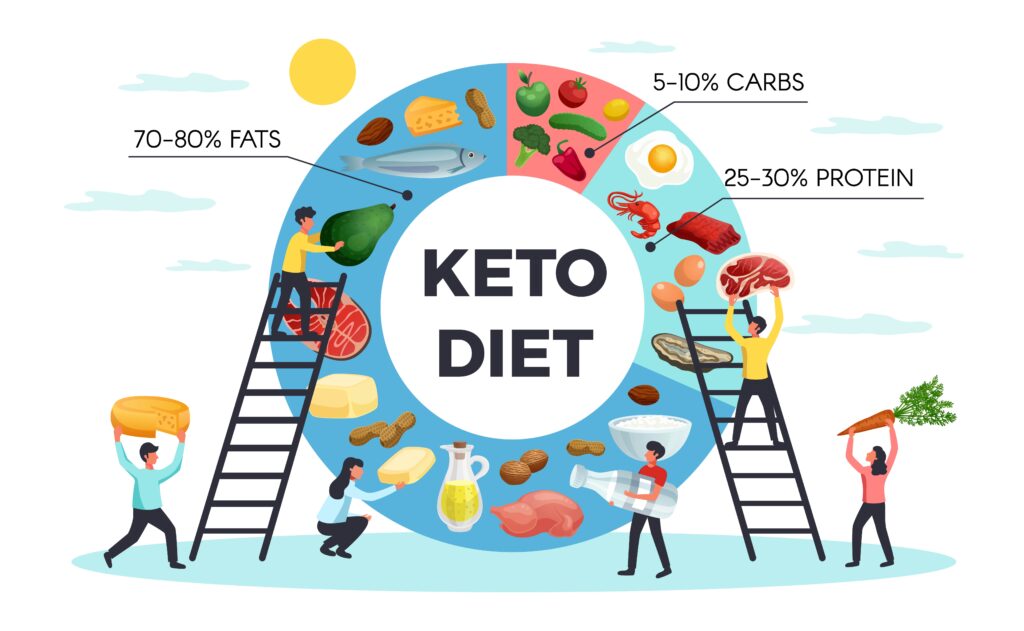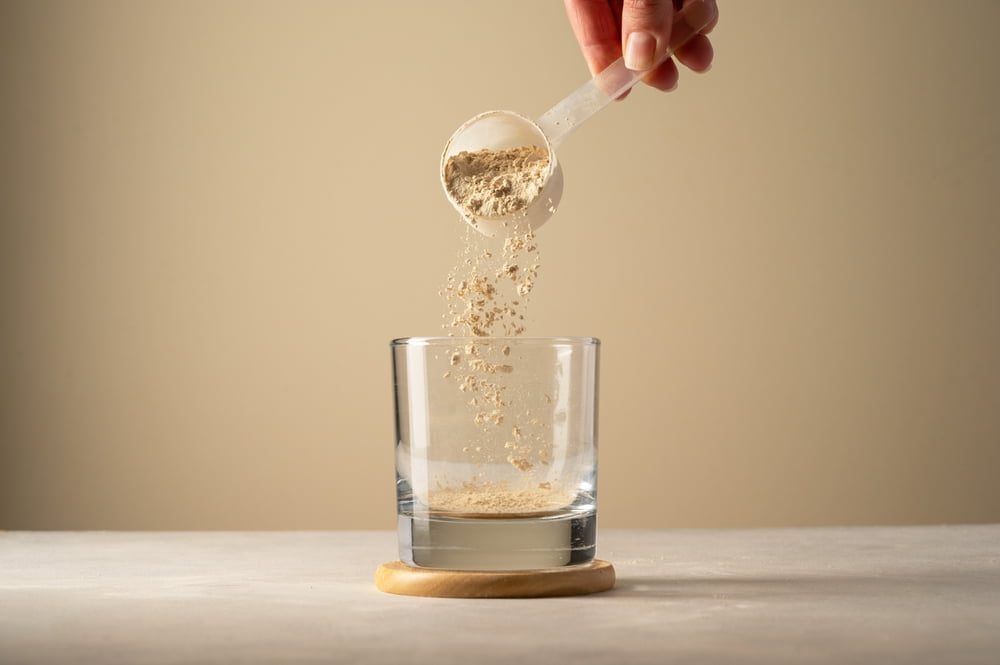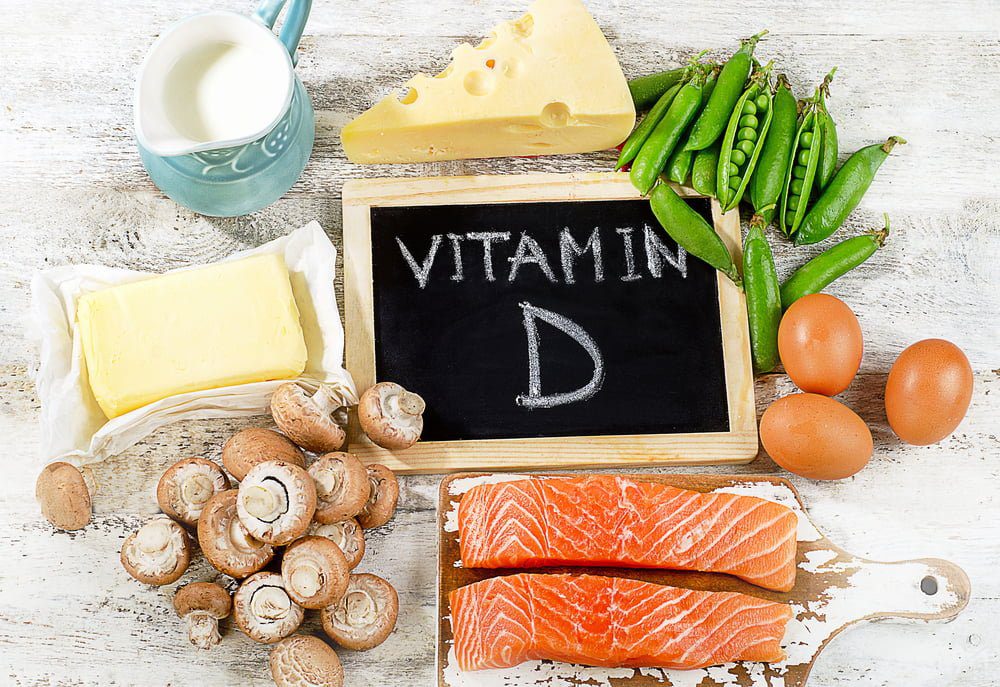Muscle protein synthesis is the process by which muscle increases in size, and this synthesis is increased through training and nutrition.
With these three strategies that we are going to teach you below, you will be able to optimize muscle protein synthesis to improve the results you obtain with your training.
Check your protein intake.
One of the factors that most stimulate muscle protein synthesis is the intake of protein in the diet , since with it the body can repair the damage that training causes to muscle fibers.

In this way, the muscle becomes larger and stronger, that is, it adapts positively to be able to cope with future stimuli.
Protein intake in those who carry out strength training should range between 1.8 and 2.4 grams of protein per kilogram of body weight. That is, for a person weighing 70 kilos it would be advisable to ingest between 126 and 302 grams daily.
Obviously, the higher the intensity and volume of training, the more we will have to move towards the upper range of intake.
Get enough leucine.
The importance of total protein intake cannot be overstated, and it is crucial to meet the minimum requirements. However, we must also consider the quality of the proteins we consume.
Amino acids are the small blocks that make up proteins, and although all of them are important, the one that stands out above the others is of course leucine .
Leucine is the amino acid with the greatest capacity to stimulate muscle protein synthesis, and is found in food groups such as dairy products (milk, yogurt and whey protein, mainly), meats, and eggs.(1)
Eating these foods throughout the day will help you meet your protein needs and will also provide you with significant doses of leucine .
Eat at least three meals.
In recent years, intermittent fasting has become very popular , and (fortunately) the myth that it was necessary to eat five meals a day has been debunked.

In any case, although it is not necessary, it would be advisable to eat at least three meals a day if your goal is to stimulate muscle protein synthesis , because this can optimize this process compared to eating larger but less regular meals.
Ideally, these intakes would be separated by periods of at least four hours, but in any case this is the least relevant strategy and at the end of the day each person must assess which strategy can provide the most adherence.
+1 Source
FitToFar has strict sourcing guidelines and relies on peer-reviewed studies, educational research institutes, and medical organizations. We avoid using tertiary references. You can learn more about how we ensure our content is accurate and up-to-date by reading our editorial policy.
- Leucine supplementation and intensive training; https://pubmed.ncbi.nlm.nih.gov/10418071/

 Workout
Workout
 Meditation
Meditation




 Contact Us
Contact Us















